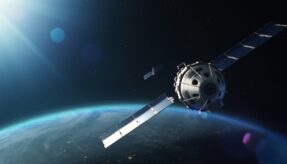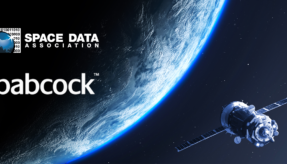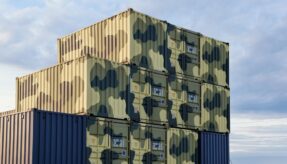
The first measurements have been received from the ESA Solar Orbiter instrument which was launched earlier this month.
The Solar Orbiter instrument has sent data to ground control at the European Space Operations Centre in Darmstadt, Germany. The instrument recorded data before, during and after the boom’s deployment, allowing the scientists to understand the influence of the spacecraft on measurements in the space environment.
While at the beginning they saw mostly the magnetic field of the spacecraft, at the end of the procedure, they got the first glimpse of the significantly weaker magnetic field in the surrounding environment. In addition to the instrument boom, the deployments of three antennas of the RPW instrument, which will study characteristics of electromagnetic and electrostatic waves in the solar wind, were successfully completed in the early hours of Thursday 13 February.
Lead Co-Investigator from Laboratoire De Physique et Chimie de l’Environment et de l’Space, Matthieu Kretzschmar, said: “Measuring before, during, and after the boom deployment helps us to identify and characterise signals that are not linked to the solar wind, such as perturbations coming from the spacecraft platform and other instruments.”
“The spacecraft underwent extensive testing on ground to measure its magnetic properties in a special simulation facility, but we couldn’t fully test this aspect until now, in space, because the test equipment usually prevents us from reaching the needed very low level of magnetic field fluctuations.”
The combination of both sets of instruments will allow scientists to link what happens on the Sun to the phenomena measured in the solar wind, enabling them to tackle mysteries such as the 11-year cycle of solar activity, the generation of the Sun’s magnetic field and how solar wind particles are accelerated to high energies. Solar Orbiter is an ESA-led mission with strong NASA participation.
If you would like to join our community and read more articles like this then please click here.








